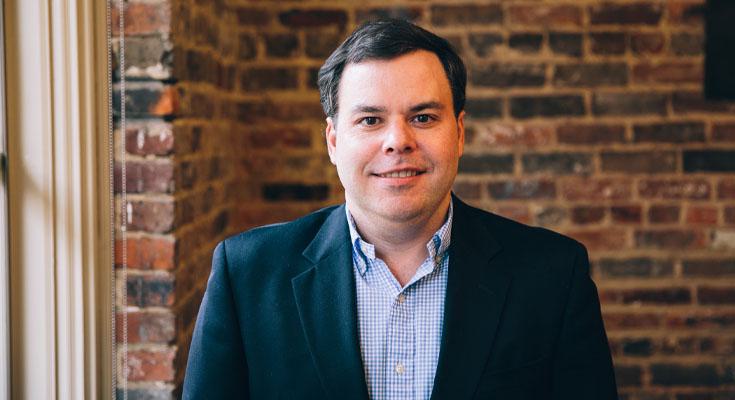As the Alabama Legislature begins the 2022 Regular Legislative Session today in Montgomery, passing the states' two operating budgets is perhaps the top priority for lawmakers. And it should be. Passing budgets is the one job that lawmakers must do each session.
But more important than simply passing the budgets and moving on to the campaign trail is what is in those budgets. The budget priority for this session should be ending the current spending spree and reestablishing some semblance of fiscal conservatism within the legislature. That means freezing the State General Fund (SGF) and Education Trust Fund (ETF) budgets at their current levels and ending this historic period of state government expansion.
Determining how to spend approximately $580 million in American Rescue Plan Act (ARPA) funds already in the state’s coffers will also be at the top of lawmakers’ agendas. That’s what is left of the first half of ARPA money after putting $480 million towards new prison construction and state healthcare needs. There could even be a special session within the regular session devoted to the topic. Another $1.1 billion in ARPA funds are expected to arrive by this summer.
While it is true that ARPA funds must be spent, Alabama has until the end of 2024 to decide how to allocate them. Spending them in a way that will benefit all Alabamians should be prioritized over spending them quickly.
Passing state budgets for next year is much more time-sensitive, but lawmakers should not rush the process if it means continuing the status quo of bigger government.
In the first three years of the current legislative quadrennium, the legislature passed record-high budgets every year, with almost no opposition. Not what you would expect from what some experts expected to be the most conservative legislature in state history when they took office. The state is set to spend over $10 billion from the ETF and SGF budgets this year alone.
Alabama’s government is also taxing more than ever before. At the beginning of 2022, the SGF and ETF budgets had nearly $1.2 billion in new revenue compared to just a year earlier, over $11.2 billion in total revenues available. The combined budgets also had a projected $335 million in carryover balances from 2021, and that’s not including any of the $4 billion the state directly received from ARPA or the Coronavirus Aid, Relief, and Economic Security Act.
Total state spending has increased by more than 17% since 2019. Over that same time, year-over-year revenue increases have totaled $2.5 billion. Over $361 million of that new revenue came from the $.10 gas tax increase passed by the legislature at the start of the quadrennium. Despite the pandemic, there have also been sharp increases in individual and corporate income tax collections as well as online and in-person sales tax receipts, among others.
The bottom line is that Alabama’s government is taking more money from citizens than ever before and using that money to feed itself.
This is not supposed to be the goal of government. It is not a for-profit industry. If state government took in $1.2 billion in additional revenue last year and ended the year with hundreds of millions of dollars unspent, that means that it took more money from Alabamians than it needed.
Instead of using that surplus to continue growing government, lawmakers should freeze current spending and instead look for ways to take less money from the citizens of Alabama, such as lowering income tax rates, eliminating the state sales tax on groceries, and prohibiting future gas tax increases. Reducing budgets is not a foreign concept in Alabama. The legislature cut spending as recently as fiscal year 2018. After Republicans took control of the State House in 2010, the total state budget was reduced three of the first seven years.
Given the growth of government spending this quadrennium, freezing budgets at their record high levels is a reasonable first step toward reclaiming fiscal responsibility in Alabama. The Alabama Policy Institute (API) feels so strongly about this issue that any effort to increase ETF or SGF spending will be included as a key vote on the 2022 API Watchlist.
While freezing current spending is a good start, bolder reforms will be needed from future lawmakers to restore the balance between government and those being governed.
Justin Bogie serves as Senior Director of Fiscal Policy at the Alabama Policy Institute. The views and opinions expressed here are those of the author and do not necessarily reflect the policy or position of 1819 News. To comment, please send an email with your name and contact information to: commentary@1819News.com.










